The Neutrophil —— An Emerging Regulator of Inflammatory and Immune Response
----- 中性粒细胞
In the past, neutrophils were often reduced to their ability to release preformed mediators and kill pathogens. The present volume of Chemical Immunology and Allergy, however, offers a very broad and timely view by highlighting the versatile functions of neutrophils in inflammatory, immune and antitumoral responses. Leading investigators uncover novel aspects of neutrophils, such as their capacity to control gene expression at the transcriptional level, or respond to proinflammatory cytokines, cytokine receptor chains (gc) and endogenous anti-inflammatory lipid mediators. Further points under discussion are neutrophils presenting antigens, activating T cells, participating in chemokine networking, and producing IL-12 and other cytokines during infectious diseases. Among the most original findings presented in this publication figure the observations that neutrophils cause increased vascular permeability during acute inflammation, regulate directly the angiogenic process, and influence tumor development. A final article offers a detailed description of the molecular processes affecting neutrophil cell death and survival. Unique in its field, this valuable volume is recommended reading not only for immunologists and pathologists, but also for cell biologists, hematologists and immunobiologists.
{{comment.content}}

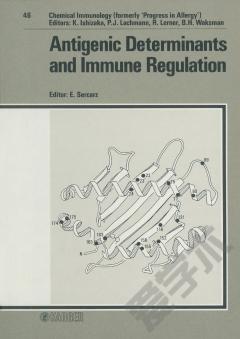

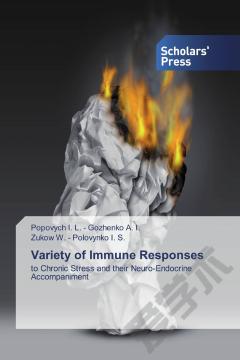
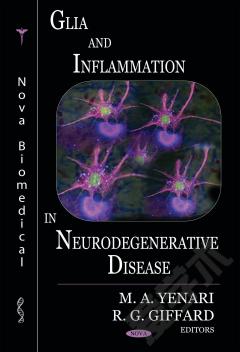
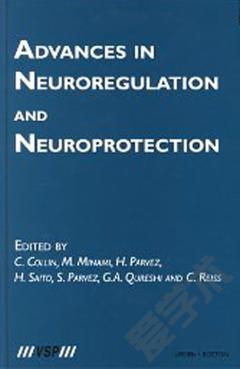
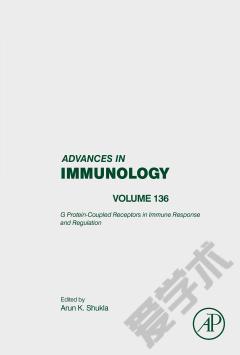

 京公网安备 11010802027623号
京公网安备 11010802027623号